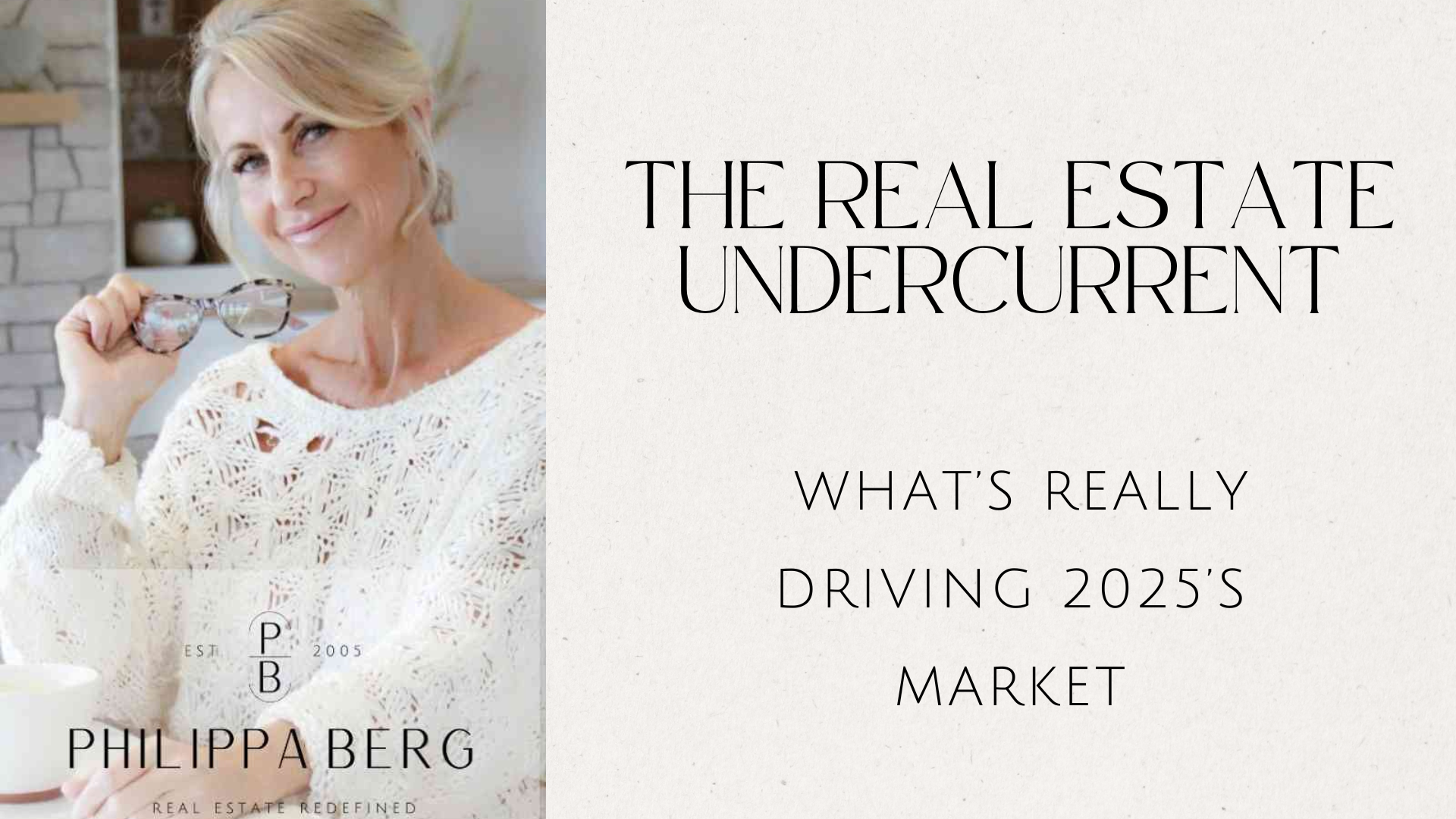Like how the “dream home” isn’t always move-in ready, but the right one always feels right. How the market isn’t just about what’s for sale—it’s about timing, positioning, and seeing what others miss. And how buyers and sellers don’t just want an agent—they want a strategist, a skilled negotiator, and someone who can cut through the noise.
Since April 2005, I’ve helped people in the Comox Valley buy and sell homes without second-guessing their decisions. Because when you have the right information—and someone who knows how to read between the lines—you don’t need to rely on luck.
The market? Always shifting.
The headlines? Only half the story.
The best move? The one backed by experience, strategy, and instinct.
That’s where I come in.
Two Decades in Real Estate: What I Know for Sure
Referrals don’t come from just doing the job. They come from doing it exceptionally well. The majority of my business is repeat clients and word-of-mouth—because people don’t send their friends to just anyone.
Numbers don’t lie, but they don’t tell the full story. Market trends, pricing shifts, hidden opportunities—I interpret the data so you can act with confidence.
Some homes are worth the extra work, some aren’t. I’ve seen enough money pits to know when “good bones” means “bring a crowbar.”
Negotiation is everything. Buying or selling, you need someone who can read the room, anticipate the next move, and ensure you come out ahead.
Marketing matters. The right buyer doesn’t just find a home—they connect with it. With a background in marketing and business development, I know how to position a home to attract the right buyers. That’s why I work with top-tier photographers, videographers, and my sparkle cleaner extraordinaire to make every listing stand out.
More Than a Realtor—A Local With Real Experience
I live on the waterfront in Comox, so I understand firsthand what makes oceanfront properties unique—not just in price, but in lifestyle, maintenance, and long-term value.
I also know rural properties inside and out—because I lived that life long before I was in real estate. I’ve experienced firsthand what it means to rely on well water, maintain a septic system, and manage acres of land. These are lessons I learned through experience—so my clients don’t have to.
Beyond that, I’ve renovated homes, uncovered hidden gems, and helped first-time buyers avoid costly mistakes. I work with military relocations, growing families, first-time buyers, and sellers who need a strategic plan.
And after 20 years? I can walk into a home and give you feedback as to what’s working, what’s not, and whether you should run toward it—or away from it.
What I Bring to the Table
A strategy-first approach. I don’t just track listings—I anticipate patterns, evaluate timing, and position my clients ahead of the curve.
An eye for what’s real (and what’s just good staging). Some homes look flawless but won’t hold value. Others are hidden gems if you know where to look.
Negotiation skills that actually matter. Buying? I’ll make sure you get the best value. Selling? We’re not leaving money on the table.
A team of professionals to get it right. My personal touch staging, photography, marketing, cleaners, trades—your home’s first impression is everything, and I make sure it’s a great one.
Clear, honest guidance. I don’t just hand you numbers—I interpret the information so you can make an informed decision with confidence.
Straight talk. Every client gets the same level of service—whether it’s a first-time buyer, a military relocation, or a multimillion-dollar waterfront estate. If it’s not the right time to buy or sell, I’ll tell you. (And then you’ll probably send me a friend who is.)
Some Homes Speak to You Instantly. Others Take a Moment.
You walk in, and something just clicks—the light, the space, the way it fits. Other homes take a moment to reveal themselves—the morning sun in the kitchen, the way a view unfolds from a certain angle, the potential that wasn’t obvious at first.
The best real estate decisions feel the same way.
If you’re considering your next move—whether you’re just beginning to explore or ready to take the next step—I’m here to offer clarity, insight, and a process designed around you.















